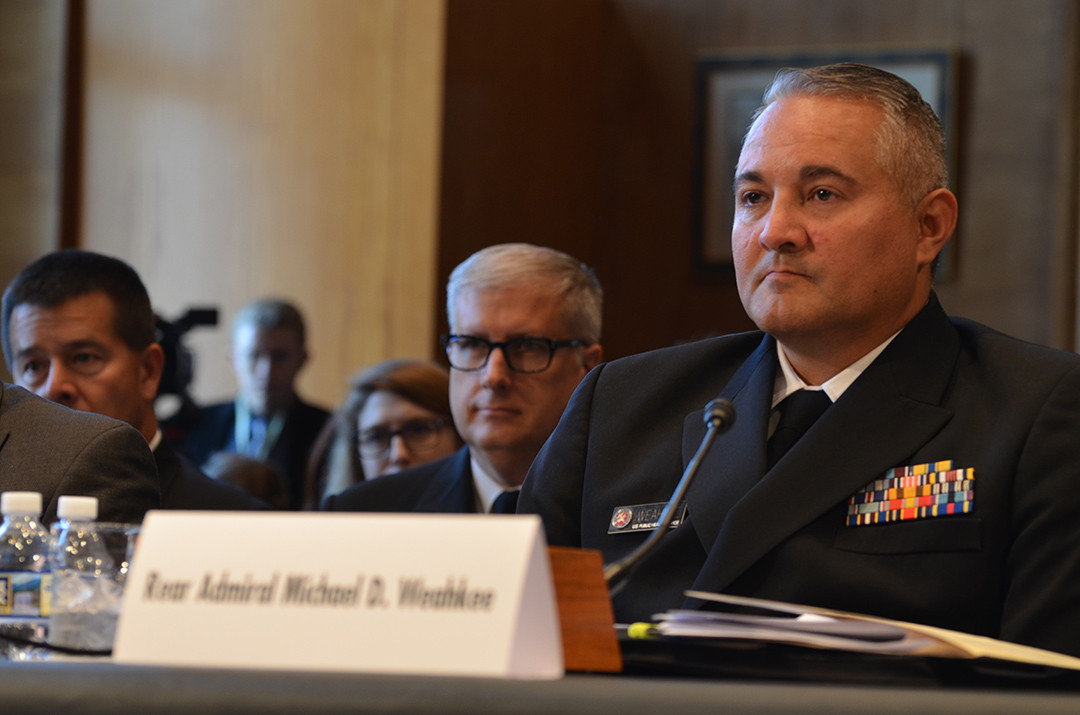I was invited to testify last week before the United States Senate Committee on Indian Affairs at a hearing on High Risk Indian Programs: Progress and Efforts in Addressing GAO’s Recommendations .
At this important hearing, I reported on the progress we have made since the Committee’s last hearing on the GAO High Risk List in May 2017. The Indian Health Service, and the Department of Health and Human Services, are steadfastly committed to overcoming the longstanding systemic challenges that have hindered our efforts to provide quality health care to American Indians and Alaska Natives. I was pleased to report during the hearing that our concerted efforts are producing results and that we are committed to press forward with improvements.

At IHS, we are committed to delivering excellent patient care and will do what is necessary to address the GAO’s recommendations.
As I explained in testimony, IHS developed a quality framework to guide us in planning, developing and implementing quality-focused, sustainable compliance programs at all of our hospitals and clinics. In less than a year, we have updated governing board bylaws, acquired a credentialing software system, and developed a standard patient experience survey.
Last month, we also established new agency-wide patient wait time standards. Wait times are an important measure of the patient experience. IHS-operated service units are collecting and tracking this data to improve patient care and services. We will use the data collected to continually improve patient experience and access to care at direct service sites.
Patient wait times will be one of 14 metrics inputted into a new performance accountability dashboard – a powerful tool that will enable IHS Headquarters and Area Offices to have real-time visibility across the IHS system. Monitoring dashboard metrics will help us measure compliance with policy and regulatory requirements that ensure quality and safety of care. This will facilitate implementation and monitoring of quality measures throughout the system over time. We expect to launch the dashboard this fall, and will continue to work closely with Headquarters and Area Offices to ensure comprehensive training and assistance is available.
You can read my full testimony on the IHS website or watch the full hearing online .
As the chairman of the Senate Committee on Indian Affairs stated during the hearing, we want Indian programs to be successful. This hearing was an opportunity to highlight the progress we have made in partnership with tribes and tribal organizations, Congress, other agencies, and experts in delivering quality healthcare. The IHS has the full attention and support of HHS Secretary Thomas Price. This week at the White House Council on Native American Affairs Health Summit, he stated that this administration will not tolerate low-quality health care for our native patients. I am extremely proud of the dedication, commitment and successes of the IHS team working to improve our agency.
IHS is taking its challenges seriously and will actively address the GAO’s recommendations to benefit our patients.
Related Content:



